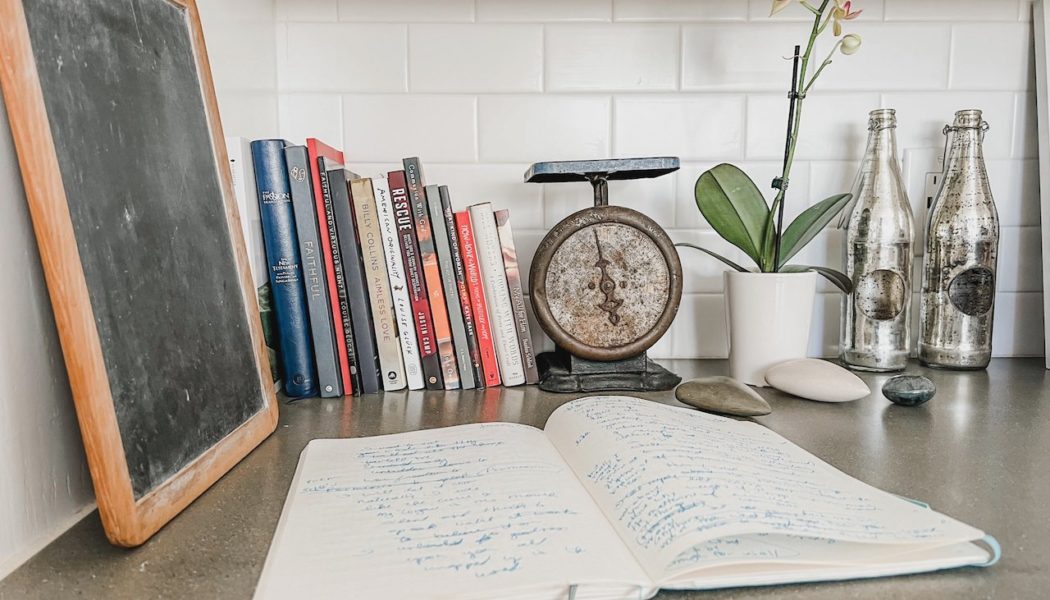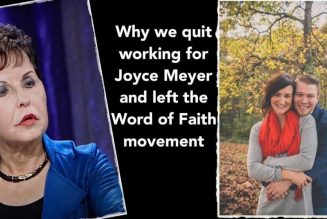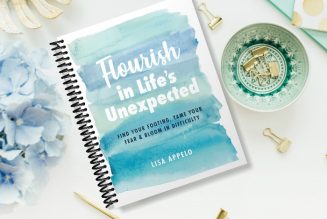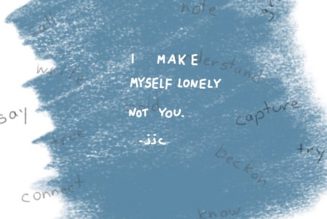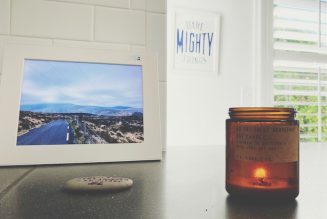I sit upstairs on the floor in an empty room. The sun’s January light, shining warm through the windows, blankets my shoulders and hands. Fulton, our dog, lies next to me, and I study the olive tree’s branches arching toward the sky, the myriad groupings of tiny green fingers curving upward toward layers of blue, and wonder about writing. Not necessarily the kind of writing we do when we put words to paper or fingers to keys. I wonder about the kind of writing we do when we listen to our own thinking and imaginings.
In a moment of “reading,” of taking in information—our own thoughts and opinions—we are considering what we think, and, in turn, whom we believe we are. We are assessing our values—what we care about and what we don’t.
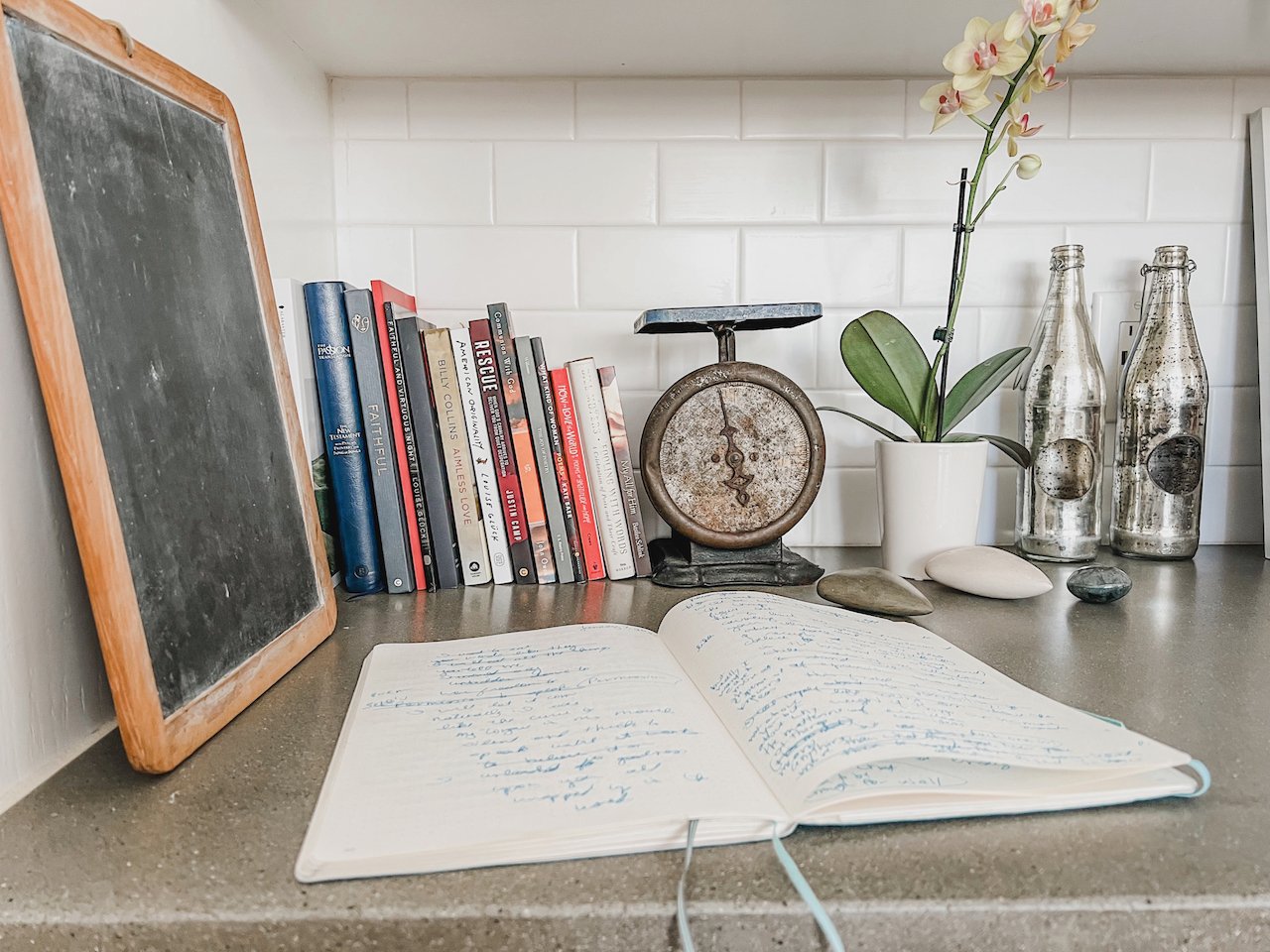
I consider how easy it is to dismiss the value of our own thoughts, how we edit and censor and dismiss our observations. It is not that we necessarily minimize their value in comparison to another’s, but that we deem them invaluable, in general.
But how can we appreciate the value of a life—of our lives—if we live unaware of what we feel and think?
My great uncle relished this kind of life-reading—thinking. He loved to take in information and consider how it challenged what he knew—things he understood and didn’t, ideas he believed in or disagreed with completely.
I would spend holidays with him and my great aunt when I was on breaks from college. I loved sitting with them in their little LA bungalow filled with plants and books and laughter. He would get up in the middle of the night and delight in diving into research about an idea to explore, a project to begin, an experiment to try, a contraption to invent.
In the morning, his eyes sparkled behind his spectacles; he would sit at the breakfast table, in front of coffee and toast, and delight in the possibilities that life-reading brings—the being awake to all things new, curious about what he didn’t understand and eager to understand what he didn’t.
Reading one’s life, he knew, was the beginning of connection—with others and with the world. He knew it was the foundation for writing one’s life—the act of sharing his thoughts—maybe with just himself, maybe with others.
Life-reading, he knew, is the first step to a life of meaning. And the second step? It is what I am calling “life-writing”—writing that doesn’t necessarily involve, literally, writing with words. Rather, it is the act of aiming for a deeper state of emotional and mental awareness for the sake of greater appreciating one’s feelings and thoughts.
Perhaps life-writing, combined with life-reading, is the state of being truly awake.
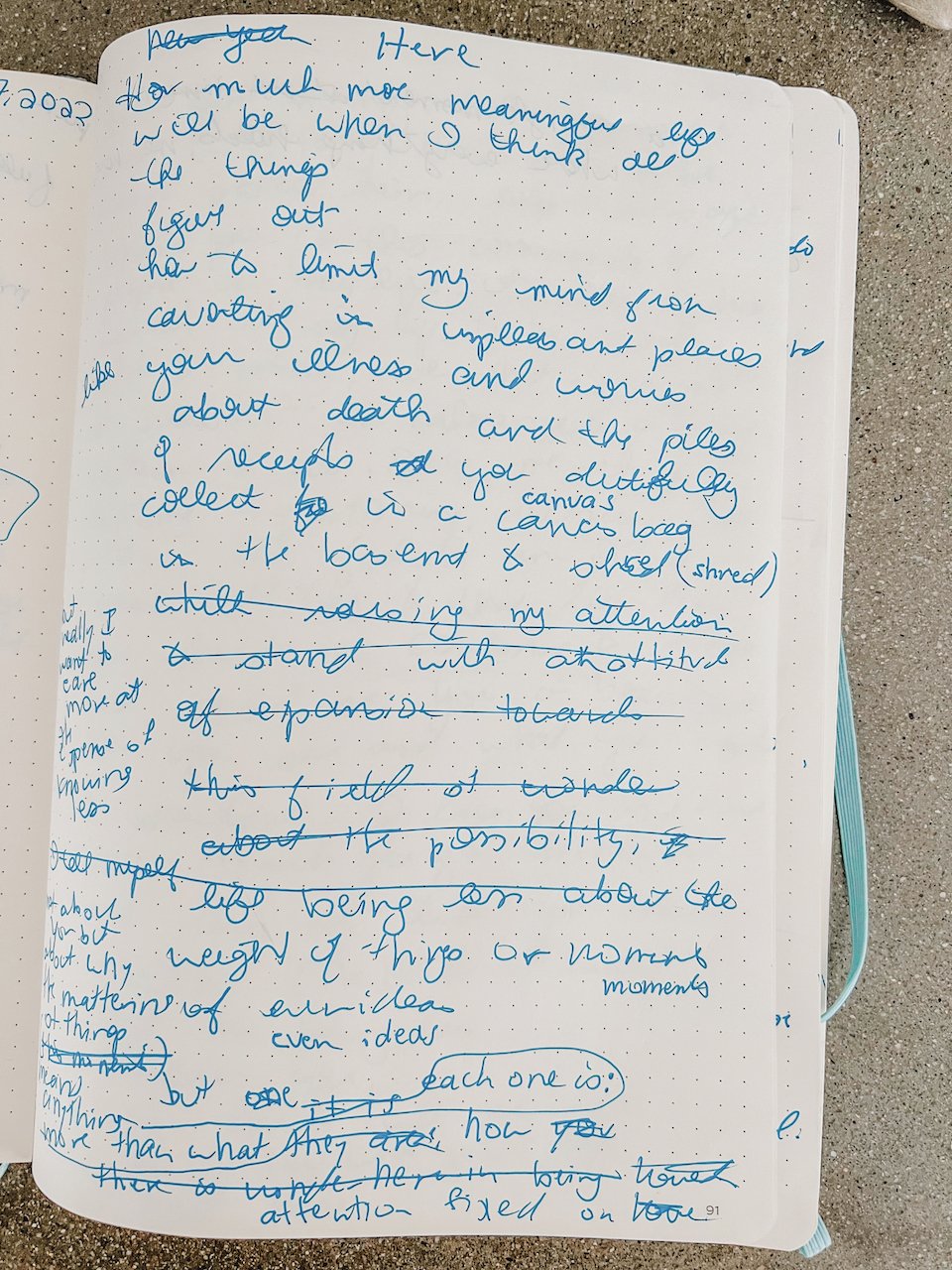
There is no value in not being awake—to our own hearts and to each other. Let us be curious about why we think what we think and why we do what we do. Let us explore the mysteries of our emotions and opinions. Let us dig deep—give time and attention to our souls—and enjoy the wonder of how we are made.
For Loop Poetry Project this week, let us read the moments around us—not for the purpose of discerning a finite answer, but for the joy of being captured by all that we don’t understand. And then, let’s not stop there. Let’s use this engaged curiosity to sit with our reading—of ourselves and of the world—and write with our whole hearts. This is the story each of us needs to hear. This is the story the whole world is leaning in and waiting for. This is what, I think, you are needing right now.
So, read your heart—your thoughts and feelings. Observe yourself, notice what you are noticing; appreciate what you are thinking. Then write your heart—attempt to process what those observations and thoughts and emotions mean to you.
Listen and watch. Feel and record.
Share your poem on Life-Reading & Writing here, as a comment (my poem is below), or with the beautiful, safe community of women at Loop Poetry Project. Come on over and let us know what life-reading and writing means to you.
So excited to life-read and life-write with you,

Here
How much more meaningful life
will be when
I think
all the things
figure out how to limit my mind from
cavorting in unpleasant places
like your illness and worries
about death
and the piles of receipts
you dutifully collect in a canvas bag
in the basement to shred
but really I want to care more
at the expense of knowing less
not about you but about why
the mattering of even
ideas of things means anything
more than what each one is:
attention fixed on a single moment
where everything holds me here.
This post appeared originally at jennifer.camp
Join Our Telegram Group : Salvation & Prosperity
